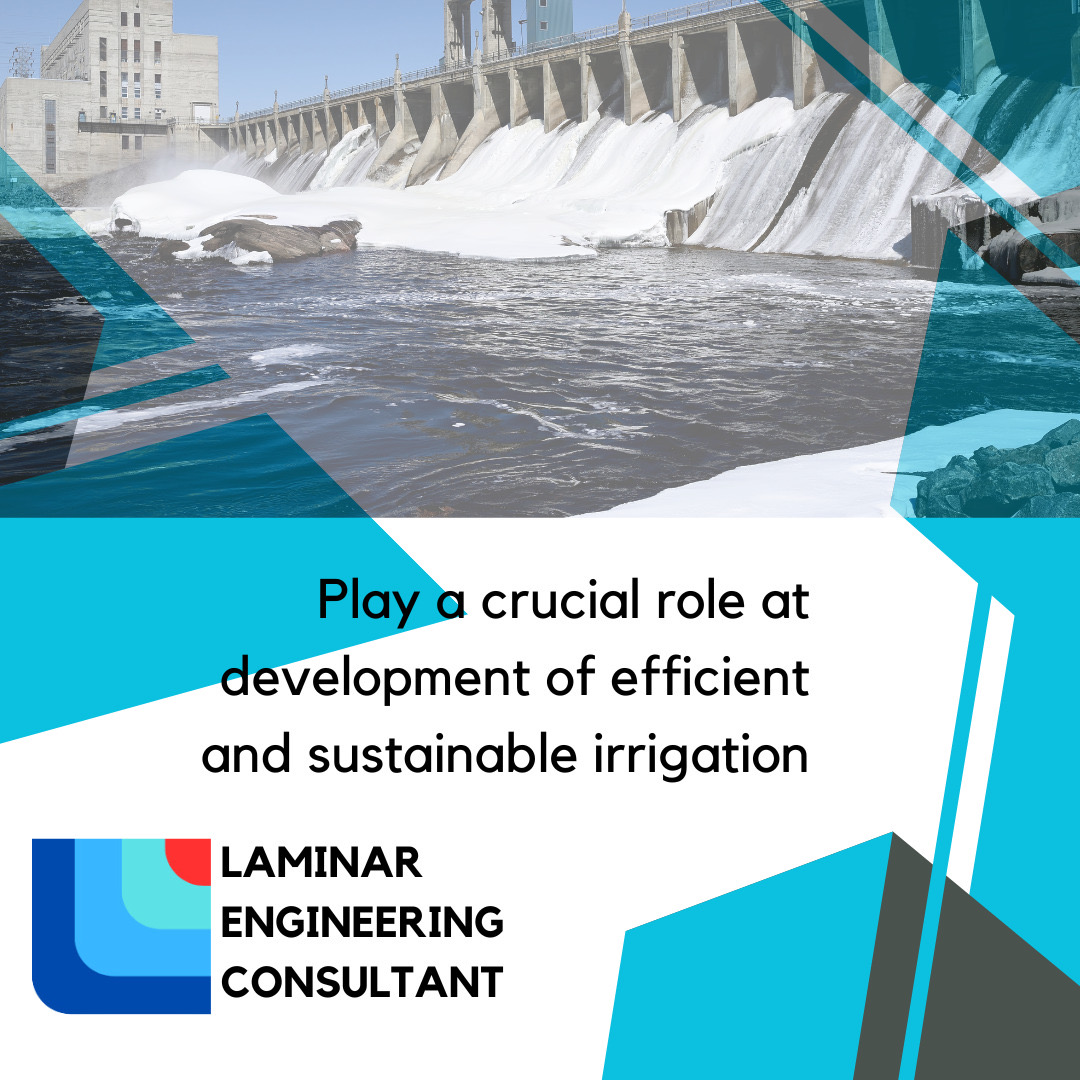Engineering consultants and water management are closely interrelated, especially in the context of irrigation infrastructure development. The relationship between the two can be seen from the following contexts:
- Irrigation System Planning: Engineering consultants play a role in designing efficient and sustainable irrigation systems. They conduct analyses of topography, rainfall, crop water requirements, and other factors to design irrigation systems suitable for the site conditions.
- Irrigation Structure Design: Engineering consultants are responsible for designing irrigation structures such as channels, dams, gates, pumps, and others. They consider technical, economic, and environmental aspects when designing these structures.
- Water Resources Management: Engineering consultants assist in managing water resources efficiently and sustainably. They develop irrigation systems that can use water optimally and avoid conflicts in water usage.
- Irrigation Project Implementation: Involving themselves in the implementation of irrigation projects; from selecting construction materials to supervising project execution. They ensure that irrigation projects are carried out according to established technical standards and meet end-user needs.
- Maintenance and Repair: After construction is completed, attention must also be paid to maintenance and repair of the irrigation system. They monitor the performance of the irrigation system, carry out repairs if necessary, and provide recommendations for efficiency improvements.
Thus, Engineering Consultants play a crucial role in developing irrigation systems that are efficient, sustainable, and can enhance agricultural productivity and the welfare of communities dependent on the agricultural sector.

